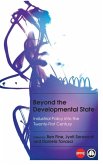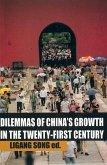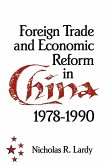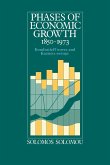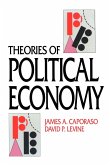Why do well-meaning developmental policies fail? Power intervenes. Consider the recent collapse of the peace agreement between the Colombian government and FARC guerillas. Achieving inclusive development entails resolving collective-action problems of forging cooperation among agents with disparate interests and understandings. Resolution relies on developing functional informal and formal institutions. Powerful agents shape institutional evolution-because they can. This Element outlines a conceptual framework for policy-relevant inquiry. It addresses the concept of power-noting sources, instruments, manifestations, domains of operation, and strategic templates. After discussing leadership, following, and brokerage, it addresses institutional entrepreneurship. Institutional entrepreneurs develop narratives and actions to influence incentives and interpretations of social norms and identities: foundations of strategic interactions that shape institutional evolution. This approach facilitates inquiry into the roots and consequences of context-specific developmental dilemmas: background for developmental policy analysis. This title is also available as open access on Cambridge Core.
Bitte wählen Sie Ihr Anliegen aus.
Rechnungen
Retourenschein anfordern
Bestellstatus
Storno



